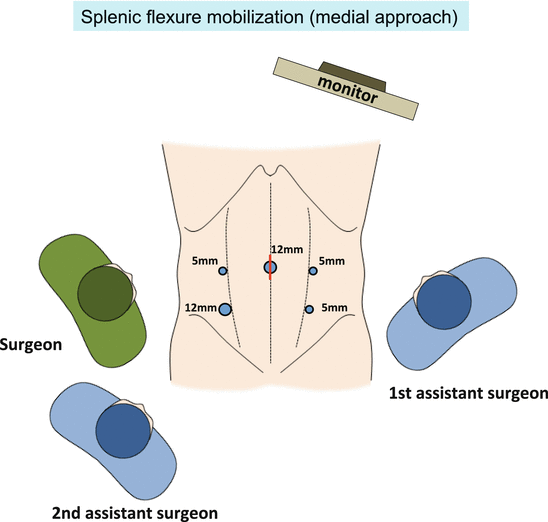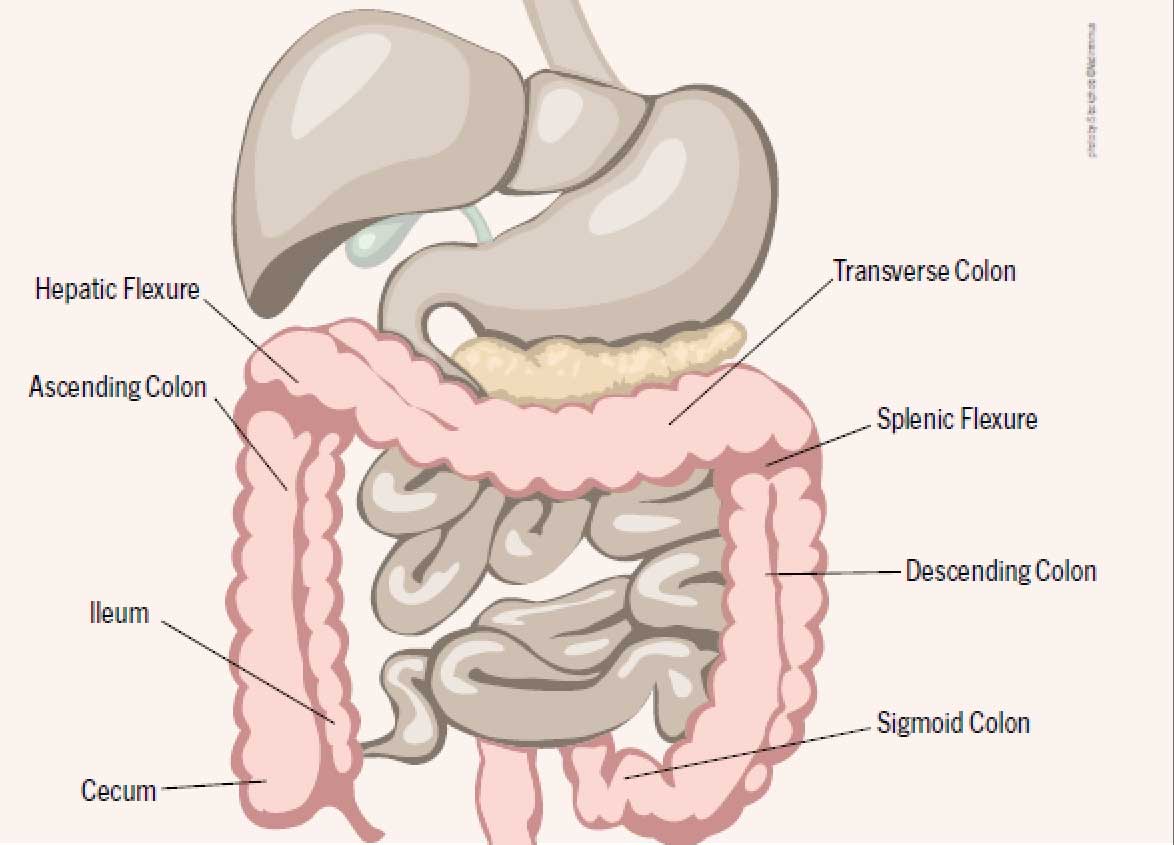

Sickle cell diseases that result in splenic infarctions can also lead to an inactive or non-functioning spleen, known as autosplenectomy.

The following factors can also create massive and detrimental disruptions in normal blood flow to the spleen and other organs: benign hematological disorders, taking oral contraceptives, lupus anticoagulants, idiopathic venous thrombosis, undergoing erythroprotein therapy, sickle hemoglobinopathies, and polycythemia.
 Conditions like atrial fibrillation, artificial heart valves, endocarditis, patent foramen ovale, ventricular mural thrombus, and myocardial infarct infections that are related to the HIV virus can cause an existing blood clot that formed in one part of the body to spread to other organs, including the spleen. Cytomegalovirus infection, mononucleosis, malaria, babesiosis, and inherited blood clotting disorders can all contribute to plaque buildup in the system that prevents the spleen from receiving sufficient blood and oxygen supply to sustain and keep it healthy. This can be the result of a blood clot, serious and spreading infection, or the spleen suffering direct blunt force trauma. Decreased or complete lack of blood circulation to the spleen or parts of the spleen caused by an extreme blockage in the splenic artery or its surroundings. What are the causes of spleen infarction? The etiology or causes of splenic infarction include the following: Blockage is usually caused by plaque buildup or blood clotting and these are indicators of certain diseases, infections throughout the body, or the spleen being subjected to blunt trauma.Įventually, the parts of the spleen that are affected by this blood and oxygen deprivation begin to die off and the spleen ceases to perform its duties, becoming inactive. The parts of the spleen that are affected the most by blockage and insufficient or lack of blood supply are known as spleen infarcts. This can negatively impact either certain parts of the spleen or the entire organ depending on the exact location and extent of the blockage. Tissues in the spleen die off due to insufficient oxygen supply, which is typically provided through the bloodstream. Spleen infarction occurs as a result of blockage or lack of proper blood circulation in the spleen.
Conditions like atrial fibrillation, artificial heart valves, endocarditis, patent foramen ovale, ventricular mural thrombus, and myocardial infarct infections that are related to the HIV virus can cause an existing blood clot that formed in one part of the body to spread to other organs, including the spleen. Cytomegalovirus infection, mononucleosis, malaria, babesiosis, and inherited blood clotting disorders can all contribute to plaque buildup in the system that prevents the spleen from receiving sufficient blood and oxygen supply to sustain and keep it healthy. This can be the result of a blood clot, serious and spreading infection, or the spleen suffering direct blunt force trauma. Decreased or complete lack of blood circulation to the spleen or parts of the spleen caused by an extreme blockage in the splenic artery or its surroundings. What are the causes of spleen infarction? The etiology or causes of splenic infarction include the following: Blockage is usually caused by plaque buildup or blood clotting and these are indicators of certain diseases, infections throughout the body, or the spleen being subjected to blunt trauma.Įventually, the parts of the spleen that are affected by this blood and oxygen deprivation begin to die off and the spleen ceases to perform its duties, becoming inactive. The parts of the spleen that are affected the most by blockage and insufficient or lack of blood supply are known as spleen infarcts. This can negatively impact either certain parts of the spleen or the entire organ depending on the exact location and extent of the blockage. Tissues in the spleen die off due to insufficient oxygen supply, which is typically provided through the bloodstream. Spleen infarction occurs as a result of blockage or lack of proper blood circulation in the spleen.







 0 kommentar(er)
0 kommentar(er)
